Interested in spotting American crocodiles in Florida? It's not as common as seeing an alligator, but there are places you might get lucky.
This article will guide you to some top spots for a potential crocodile encounter in Florida.
We'll also discuss why these reptiles aren't seen as often as their famous relatives. Ready to explore? Let's jump in.
Top Spots to See Crocodiles in Florida
Florida is known for its alligators, but did you know it is also home to a small but recovering population of American crocodiles?
These impressive reptiles are larger than alligators and have a more aggressive temperament.
If you're looking to spot a crocodile in Florida, here are a few of the best places to go:
1. Everglades National Park
The vast wetlands of Everglades National Park provide prime habitat for American crocodiles.
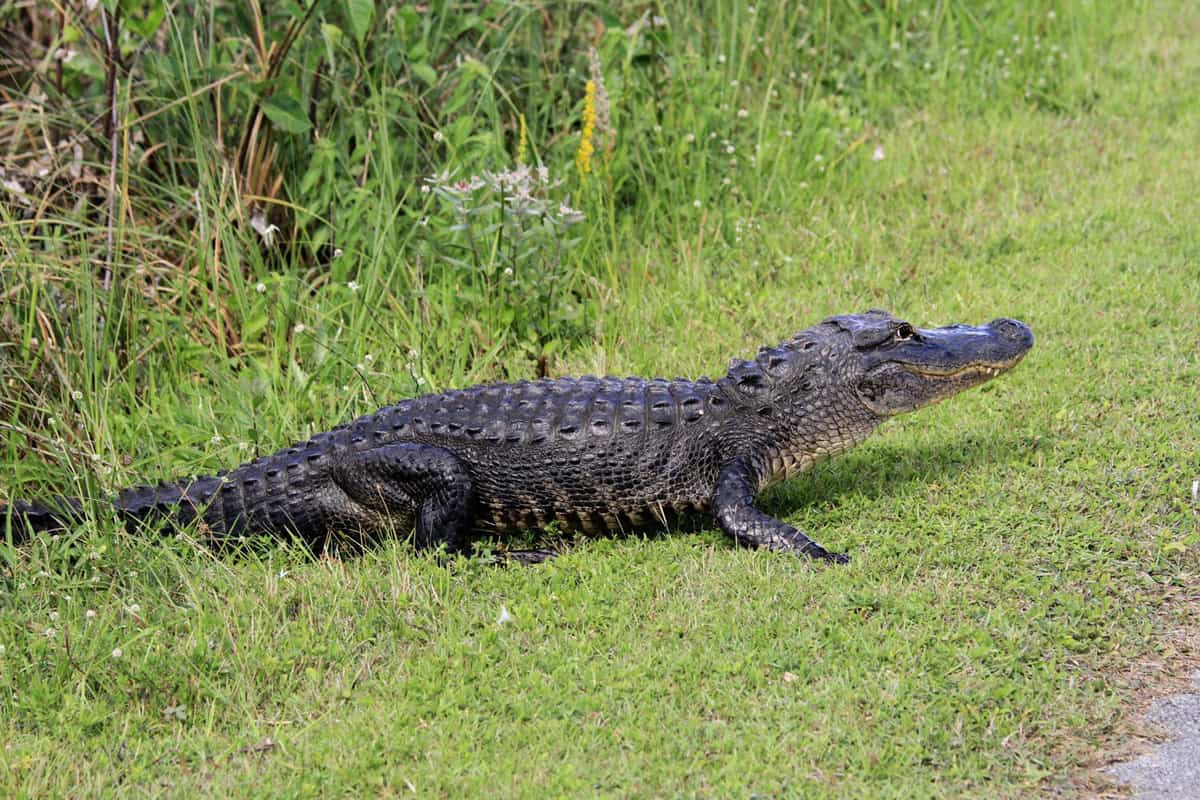
Flamingo Campground is a hotspot, with croc sightings on boat tours, along trails, and near the marina. Winter is peak viewing when their burrows warm them on chilly mornings.
2. Biscayne National Park
This park protects the northern Florida Keys, and coral reefs host a breeding croc population.

Take a glass-bottom boat or snorkeling tour to possibly spy crocs basking on shorelines and near the reefs. Their eyes and snouts poke above the surface.
3. Florida Keys
As their population rebounds, crocodiles can occasionally be glimpsed around the Middle and Lower Keys.
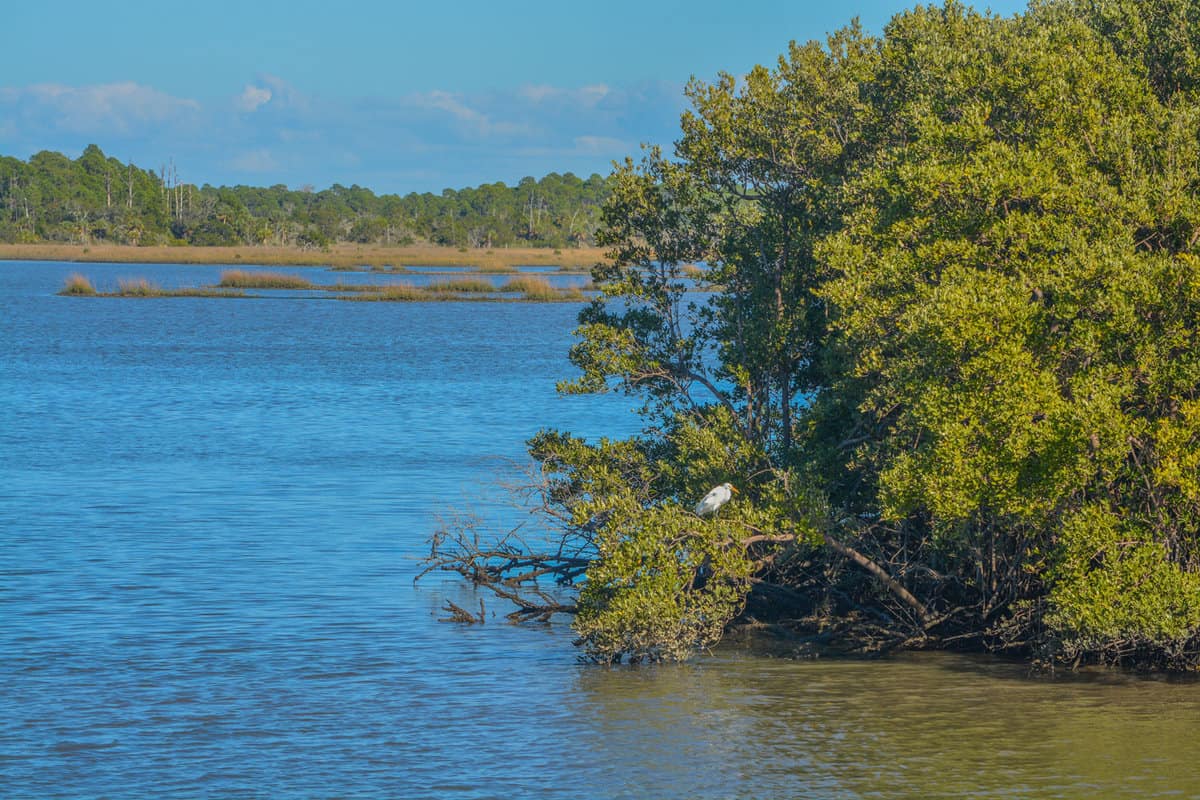
Spotting them along bridges or nesting on beaches takes luck. But they may be found near Keys crocodile breeding sites.
4. Sanibel & Captiva Islands
While extremely rare, a few crocodiles have been confirmed to inhabit Sanibel and Captiva Islands.
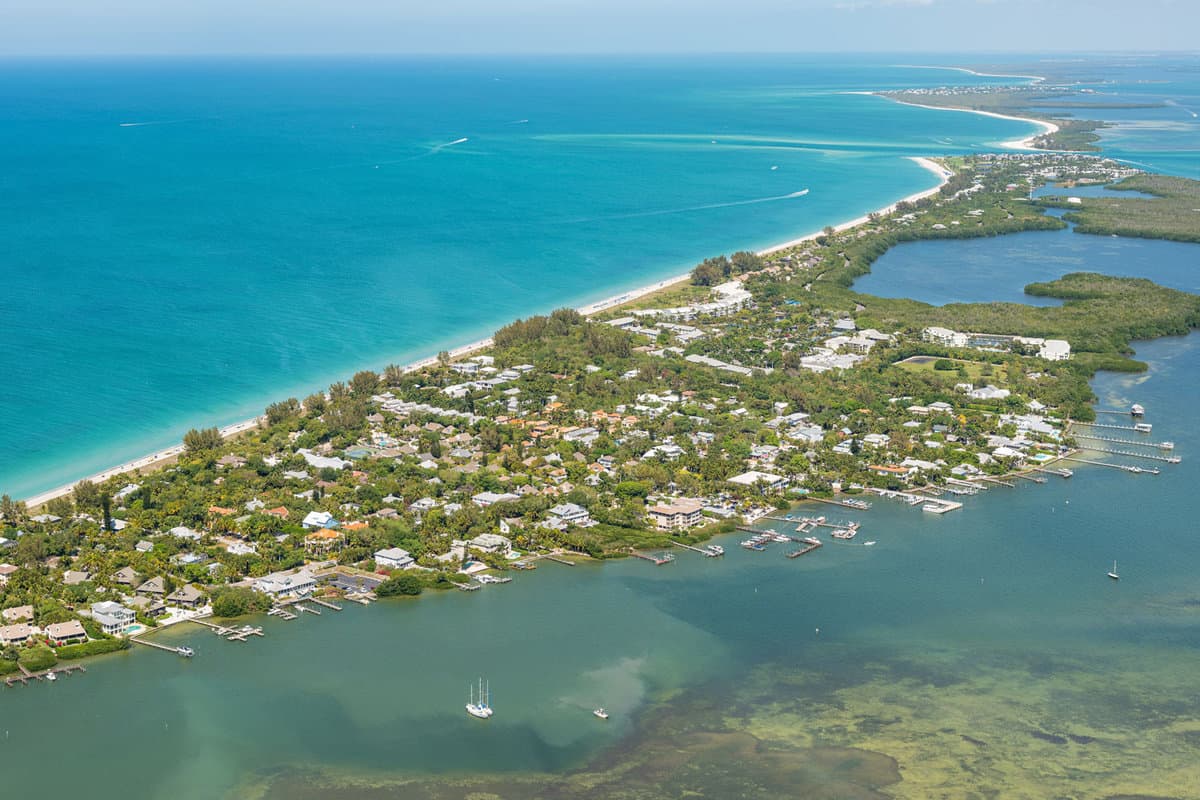
Hitting the beach at dawn may reward you with a distant view. But avoid approaching and disturbing these endangered beasts.
Seeing a crocodile’s ridged back and powerful jaws cutting the waters remains an elusive but unforgettable Florida experience when conditions align perfectly.
Also read: 7 Incredible Animal Sightings In Florida Beaches
Is it common to see crocodiles in Florida?
Crocodiles are not as commonly observed in Florida, unlike their close relatives, alligators.
The primary reason for this rarity lies in their habitat preferences.
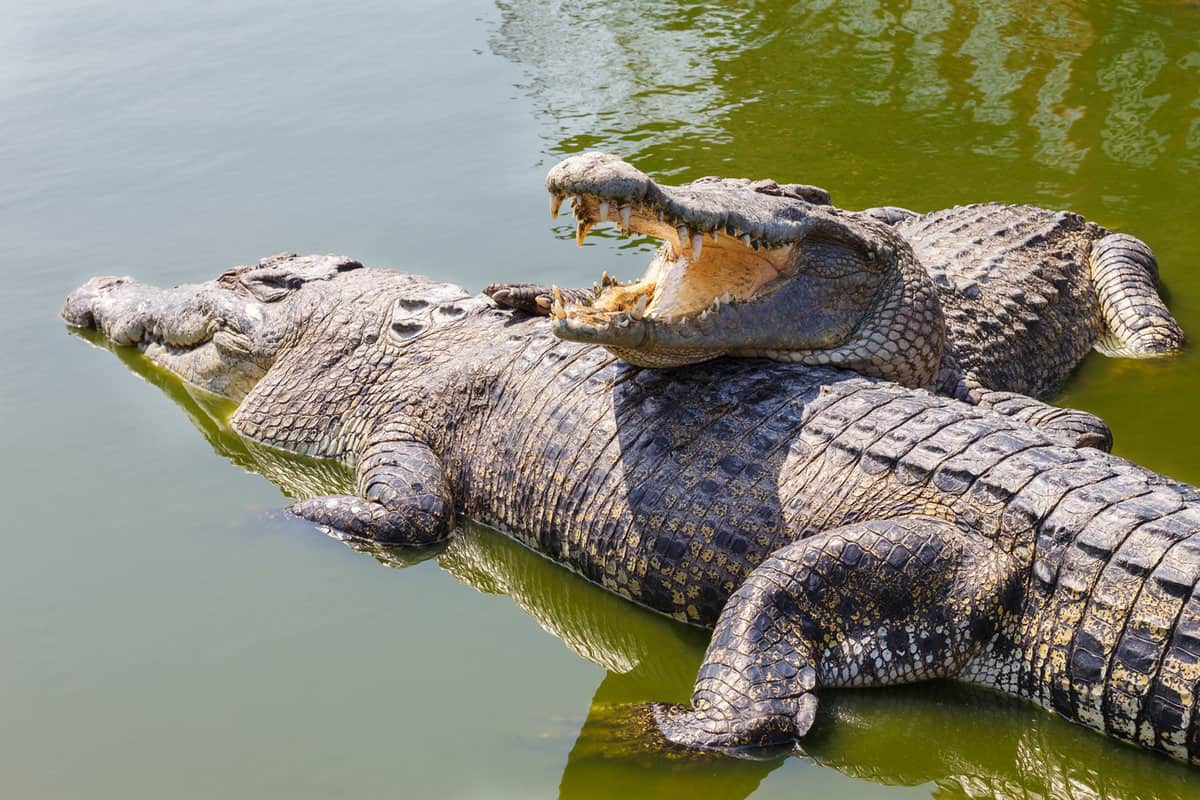
American alligators are more adaptable and can thrive in a broader range of environments, including freshwater lakes, swamps, and even brackish coastal waters.
On the other hand, American crocodiles are more specialized in their habitat requirements, typically preferring coastal and brackish waters, such as estuaries, lagoons, and saltwater marshes.
These specific habitat needs limit the areas where crocodiles can be found, reducing the likelihood of human encounters.
Also read: Exploring Florida’s Wild Side: Airboat Tour In The Everglades
What part of Florida has the most crocodiles?
The distribution of crocodiles in Florida is largely concentrated in the southern part of the state.
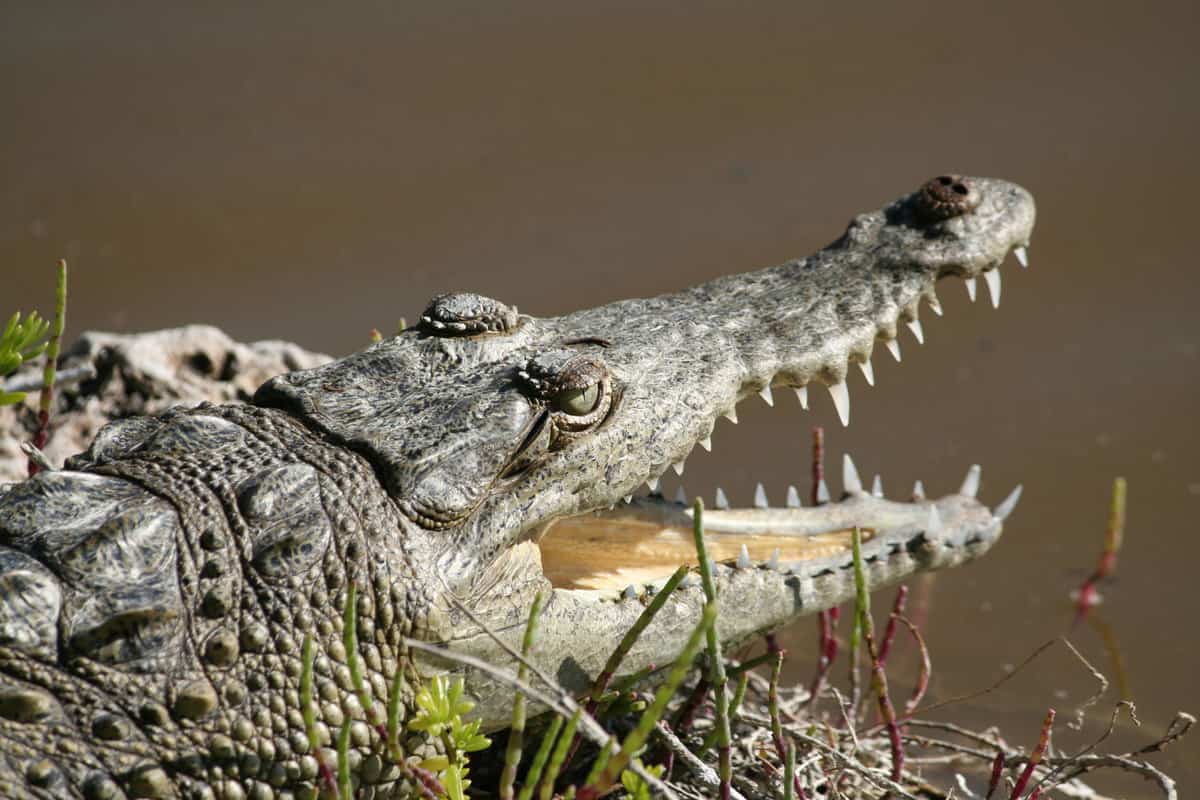
Specifically, the Everglades and the adjacent coastal areas provide the most suitable habitat for these reptiles.
Additionally, crocodile populations are particularly prevalent in the southern tip of Florida, including the Florida Keys.
Final Thoughts: Your Next Crocodile Adventure Awaits!
So, you've got the itch to see an American crocodile in its natural Florida habitat?
It might be a rare treat, but you stand a better chance with the right know-how. This guide has given you the top locations to up your odds.
Remember, while the limelight often falls on the alligator, the elusive crocodile has its own charm waiting to be discovered.
As you venture out, always approach with caution and respect. And if you're fortunate enough to spot one, it'll be a Florida memory you won't soon forget.
Safe travels and happy crocodile spotting!
